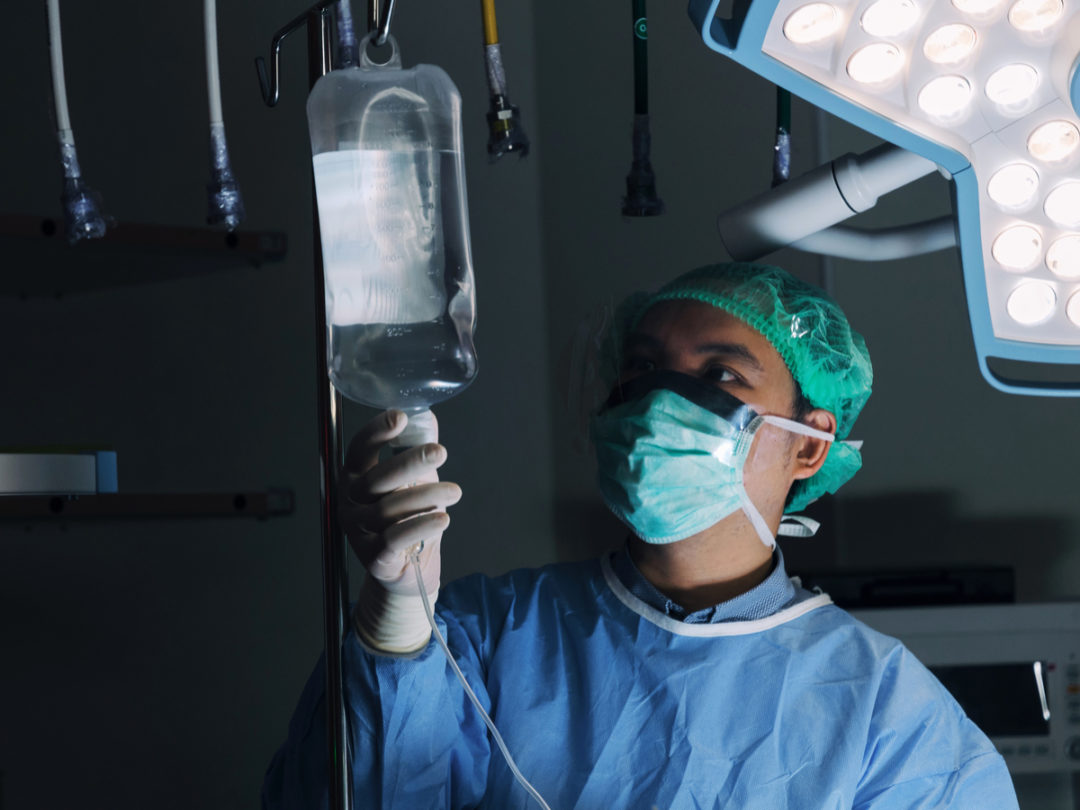
Visit Our Sponsors |
|
|
|
|
|
|
|
|
|
|
|
|
|
|
|
|
|
|
|
|
|
|
|
|
|
|
|
|
|
|
|
|
|
|
|
|
|
|
|
|
|
|
|
|
|
|
|
|
|
|
|
|
|
|
|
|
|
|
|
|

A nonprofit founded to address a pressing U.S. health-care problem by manufacturing much-needed drugs that have fallen into short supply, or that are too expensive, will start out with a different approach: buying the drugs from pharmaceutical companies.
Civica Rx was launched amid fanfare last year, backed by philanthropic donors and hundreds of hospitals. Fed up with shortages or skyrocketing prices for products like saline solution and epinephrine, Civica said in September that it planned to “directly manufacture generic drugs or sub-contract manufacturing to reputable contract manufacturing organizations.”
But instead of making drugs — a challenging endeavor even for established pharma companies — or subcontracting for them, Civica will start by serving as a marketplace, rather than by being a manufacturer. It will act as a go-between for the hospitals and established drugmakers to initially pool demand for 14 critical drugs, and hopefully increase supplies.
Starting a pharmaceutical plant is a highly regulated and time-consuming process. The fastest solution was to reach out to the suppliers that have unused licenses and find a price attractive enough for them to re-enter the market, Martin VanTrieste, Civica Rx's chief executive officer, said in an interview.
“With that critical need, almost a national drug-shortage crisis, we had to discover what was the fastest way to get products into the market,” VanTrieste said.
Making its own drugs will take longer. VanTrieste said Civica has a three-pronged approach: sourcing from existing drug companies, hiring contract manufacturers to make drugs and eventually buying or building its own manufacturing facilities. A spokeswoman for the group said that had been approach all along.
VanTrieste blames group purchasing organizations, which consolidate large groups of hospitals into more powerful buying groups, for pushing drugmakers out of the market for some key drugs.
“They’ve saved hospitals hundreds of millions of dollars, but an unintended consequence of that has been these sole-source contracts,” he said, referring to cases where a group purchasing organization selects just one maker of a drug, inadvertently driving other manufacturers out of the market.
While Civica will in some ways resemble one of the group-purchasing organizations, Civica said it will operate differently, promoting competition to enable reliable supplies, and avoiding sole-source deals for products.
Wide Shortages
Hospital drugs have fallen in short supply in the U.S. over the past few years for a variety of reasons. One major supplier, Hospira, was acquired in 2015 by Pfizer Inc., but the new owner was almost immediately faced with the task of revamping facilities that had substantial quality problems.
Thirty Hospira-made drugs were recalled from January 2017 to October 2018, according to an FDA database. Other widely used hospital drugs, including saline bags, have fallen into short supply as a result of storms hobbling plants in Puerto Rico. In September 2018, more than 100 drugs were in active shortage, according to a U.S. Food and Drug Administration presentation.
In other cases, generic drugs shot up in price after business changes by manufacturers.
Turing Pharmaceuticals AG, then led by Martin Shkreli, in TK bought the rights to sell a decades-old anti-infective drug called Daraprim and raised the price to $750 a pill from $13.50. Bausch Health Companies Inc.’s predecessor Valeant has likewise, due to limited competition, was able to sharply increase the price of two treatments for the rare condition Wilson’s Disease.
Civica’s plans may take some pressure off of drugmakers worried that the group was going to encroach on the at-times lucrative world of making hospital drugs. Instead, it may help reopen the market for some suppliers that had been squeezed out.
Long-Term Goal
Civica’s initiative will have a broad reach. The organization recently welcomed 12 new health systems, bringing its total network to around 750 hospitals in the U.S., including New York’s NYU Langone Health and industry giant HCA Healthcare.
To eventually manufacture drugs or subcontract the work, and VanTrieste said the nonprofit group is in talks for some potential sites to purchase. Subcontracting manufacturing work could take two to three years to produce drugs, while building its own facility would mean four to five years for a new supply.
“We’re in active discussions for buying facilities as we speak,” VanTrieste said, adding that capacity is constrained in the market for sterile injectable drugs. That may make it challenging to find the right kind of facilities at a decent price.
VanTrieste said that if Civica Rx manages to balance out the market, it ultimately won’t have to make very many drugs.
“If the marketplace fixes itself, Civica doesn’t get much bigger than 30 drugs,” he said. “I’m a very optimistic person, and I hope that happens. But I’m also a pragmatist and there are always going to be bad actors.”
RELATED CONTENT
RELATED VIDEOS
Timely, incisive articles delivered directly to your inbox.







